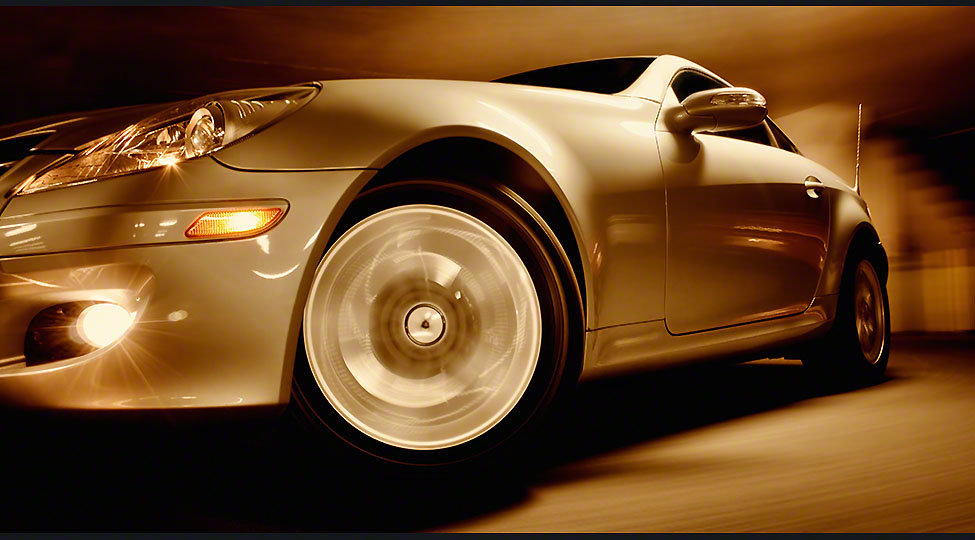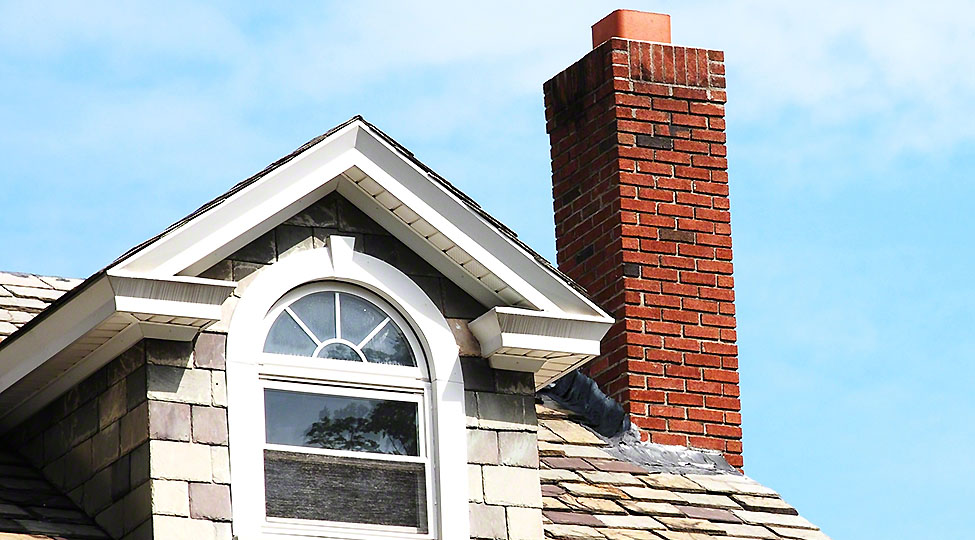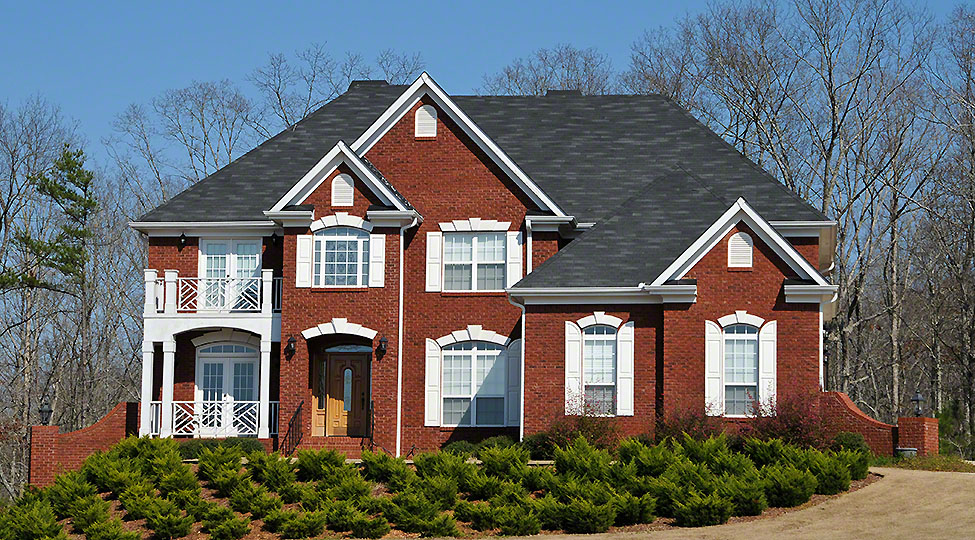Water softeners are an incredible invention that human beings are blessed with. It can turn the quality of your water around and make it potable and usable. However, like every other thing on the planet, there are some misconceptions, aka myths, about water softeners as well. Here are some of them. Go through them before your water softener installation.
There’s Salt In The Treated Water
This is a myth where chemistry is going to help you understand the mechanism better. Salt is not the main constituent in treated water. Water coming from the water softener has sodium in it, rather than salt (sodium chloride).
The traces of sodium do make the water taste a bit different, but it doesn’t drastically change the taste of the water completely. The sodium ions are the main players in the ion exchange process that replace the calcium and magnesium ions from the hard water.
Salt-Free Options Are Better
Some people might think that salt-free water softeners are better, as they’re “generally better for your health” but that’s not totally the case. It’s a marketing gimmick that claims that salt-free water softeners can remove the hardness in water.
In reality, however, these systems only temporarily suspend the particles and don’t remove them from the water, altogether. This is why the salt water softener systems are a better option because they get the job done, otherwise, you’ll just be wasting a lot of money.
Water Softeners Are Not Safe
A lot of people have this common misconception that water softeners aren’t safe for health, because the water has “too much salt” in it.
Again, this myth can be debunked easily, if you pay attention to the first one. There are less than 30% traces of sodium in a million gallon of treated water, as compared to the hardness-causing metals, that can exceed from 75 to 100 parts in a gallon.
No Need Of Water Softeners In The City
This myth holds no truth at all. A lot of the time, the houses in the city are getting hard water from municipal water suppliers, so you’ll definitely need a water softener to tackle this issue. If you’re living in the city and are unaware that your water is hard, then you need to look out for these signs:
- White and yellow scales on clothes, dishes, and on the edges of the faucets and other fixtures.
- No lather production, even though you used a lot of detergent or soap.
- Your skin and hair get dry and there are deposits of white substance/scale.
Treated Water Doesn’t Rinse Better
A lot of people don’t believe that water treated with water softeners performs better. They can complain about the water not washing the soap off. That’s the feeling of your own skin and the oil it produces when rinsing the soap off.
A lot of the time when rinsing soap off with hard water, people can feel the soap “curdling up” in their hands and that can leave an oily layer on the skin this is basically what you feel when you’re rinsing soap off with soft water too. It’s a force of habit to feel that.
Water Softeners Are Useless
Water softeners are infamously known for wasting electricity. People deem them as “a waste of space” and “a useless investment”. On the contrary, water softeners are life savers and they can save you from spending a lot of money on faucet and pipe repairs.
The scales of hard water might seem pretty harmless, but they can cause clogging of drains, pipes, and even faucets, and if you repair them every so often, then these expenses can add up. Sure, a water softener is an expensive investment, but it’s going to save you from unnecessary trouble in the long run.
Water Softeners Waste Water
This myth might have had some truth in it, back when water softeners were first introduced, but not anymore. Nowadays, water softeners are highly efficient and environmentally friendly. They don’t waste water at all and some water softeners have efficiencies exceeding 98%, which is fantastic. Water softeners, now, are equipped with functions and mechanisms that only regenerate water based on how much water is required. There are also smart water softeners out there.
Once the limit is met, the assembly can stop the regeneration process and the flushing of the chamber can begin.
The Kind Of Salt Doesn’t Matter
Salt is used in the regeneration process of the resin bed in a water softener, but that doesn’t mean that you can put just about any type of salt in the assembly and assume that the softener will perform efficiently.
Salts like solar and pellet salts work the best because they are pure with little to no impurities and they don’t degenerate as quickly, so you won’t have to worry about replenishing the salt as frequently. Salts with impurities can damage the water softener assembly from the inside and everything can go south.
Water Softeners Filter Everything
This is probably one of the myths that could have made a water softener the best solution for all of the water treatment problems. If you hear someone saying that a water softener not only softens hard water but also filters out impurities and kills germs and bacteria, then they’re probably selling a lie for kicks.
A water softener is not a water filtration system Erie. It doesn’t kill germs and bacteria and you’ll need to resort to chemical treatment processes like chlorination and disinfection for this part.
Water Softeners Are Expensive
Aside from water softeners being a massive splurge, they are also considered to be insanely expensive, as far as electricity bills are concerned. Well, that’s not the case for the most part. Yes, water softeners do use electricity to operate, but that doesn’t mean that your bill will skyrocket overnight. You can turn on the water softener and use it for treating water and then, turn it back off, once you’re done.
Additionally, a water softener isn’t operating 24/7. When it’s treating water, that’s the only time it uses electricity and that’s only after every 6-9 days. The rest of the time, the water softener is just allowing water to flow, so there’s no electricity consumption.
Treated Water Leaves A Film
Last but not least, some people think that water softeners make the water oily and slick. That’s actually not true. This myth goes hand in hand with the “soapy feeling” myth. People can become so used to the harshness of hard water on the skin, that they can forget what actual water feels like on the skin.
When soft water is used to wash your hands or body, it rinses away the soap completely, as a result of which, your skin will release its natural oils and that’s what a “film” feels like. Hard water can really take a toll on your skin health.
Conclusion
These myths are very common among people and they’re the main reason why people are apprehensive about water softeners in the first place. Well, now that you know that these things aren’t true, you can make better decisions to obtain healthy, clean, and metal-free water. A water softener system Meadville is made to get rid of hard water, but if you want to remove other contaminants, you require a water filter.


